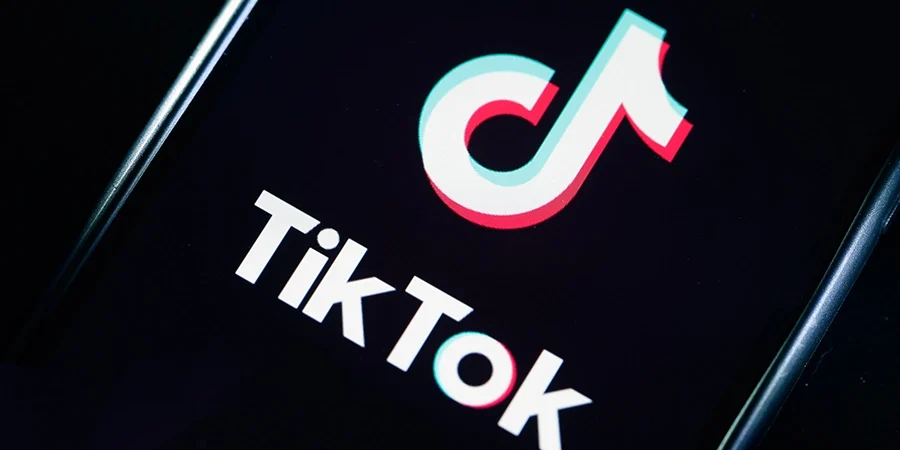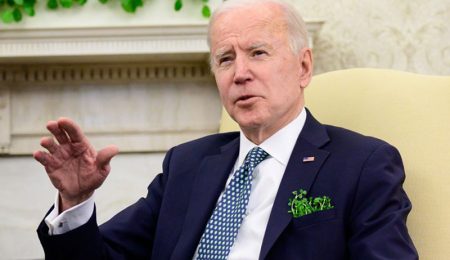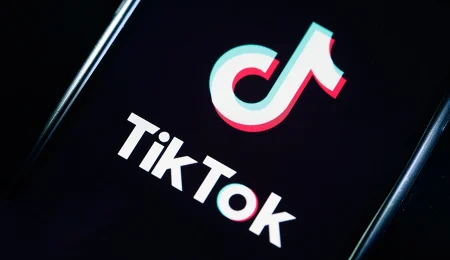The Supreme Court will hear oral arguments on January 10 regarding the TikTok divest-or-ban law, a pivotal case that could determine the app’s future in the US.
This legal battle stems from a law passed by Congress in April requiring TikTok’s parent company, ByteDance, to divest from its US operations or face removal from app stores on January 19.
Congress has labelled TikTok a national security threat due to ByteDance’s ties to China, which the US government considers a foreign adversary. Officials fear the Chinese Communist Party (CCP) could use TikTok for propaganda or access US user data. TikTok has denied these allegations, asserting that it does not share data with the Chinese government and that a US-based team independently moderates content.
TikTok challenged the legislation in May by filing a lawsuit in the DC Circuit Court, arguing that it infringes on users’ First Amendment rights. After losing the case earlier this month, the company appealed to the Supreme Court, requesting an injunction to delay the law’s enforcement until its arguments are heard. While the Court has agreed to hear the case, it has not paused the law’s implementation, leaving the ban slated to take effect days after oral arguments.
Legal analysts remain sceptical about TikTok’s chances of success. Matthew Schettenhelm, a senior litigation analyst at Bloomberg Intelligence, estimated only a 20% likelihood of the company reversing its loss at the Supreme Court.
Should the Court rule against TikTok, the incoming president, Donald Trump, might attempt to intervene. Trump met with TikTok CEO Shou Chew on Monday and expressed a willingness to review the situation, stating he has “a warm spot in my heart for TikTok.” However, his ability to influence the outcome is unclear.
A potential ban in early 2025 would significantly impact creators and businesses reliant on the app. While some creators have diversified to platforms like YouTube Shorts and Instagram Reels, TikTok remains the primary platform for many. E-commerce sellers heavily dependent on TikTok’s Shop feature would also face major disruptions.
“A ban would be detrimental to up-and-coming creators and small businesses that rely solely or primarily on the app,” Jasmine Enberg, vice president and principal analyst at EMARKETER, told Bloomberg Intelligence.
“Established creators and big brands may better weather the upheaval as they are more likely to have diversified their channels and built engaged audiences on other platforms.”
Faridah Abdulkadiri
Follow us on:



